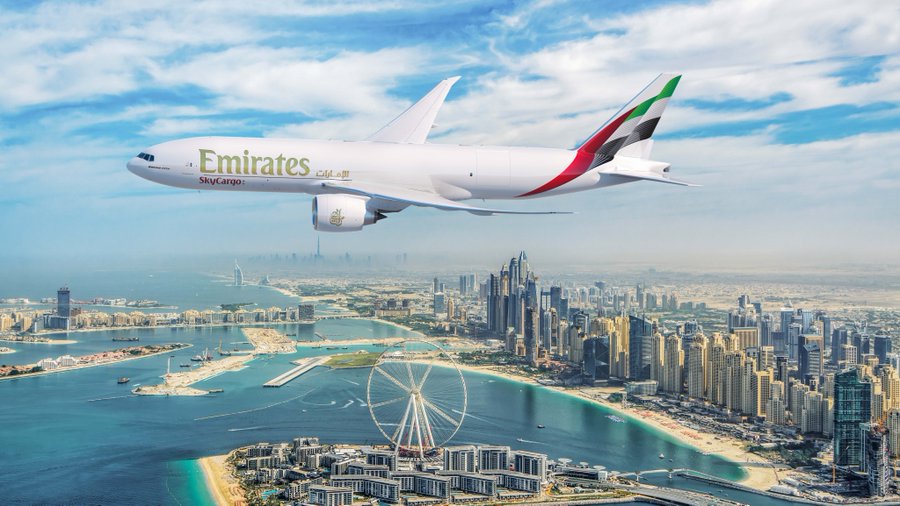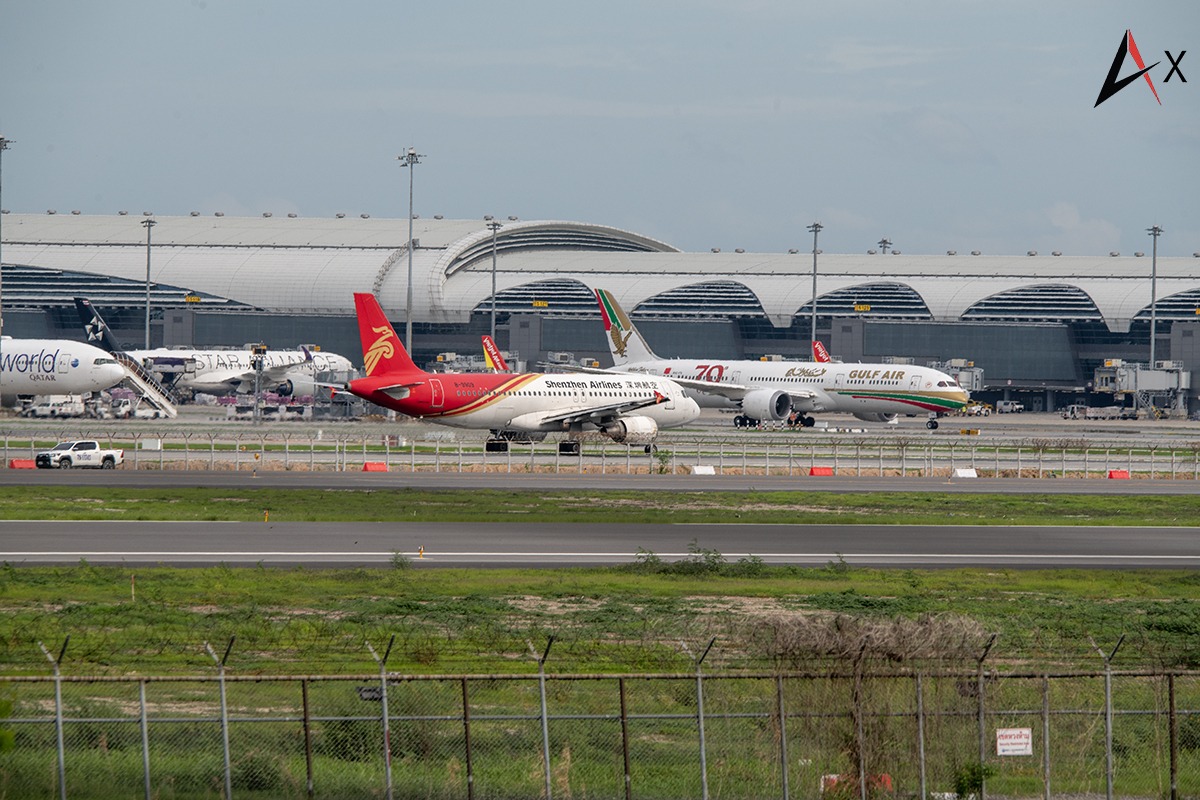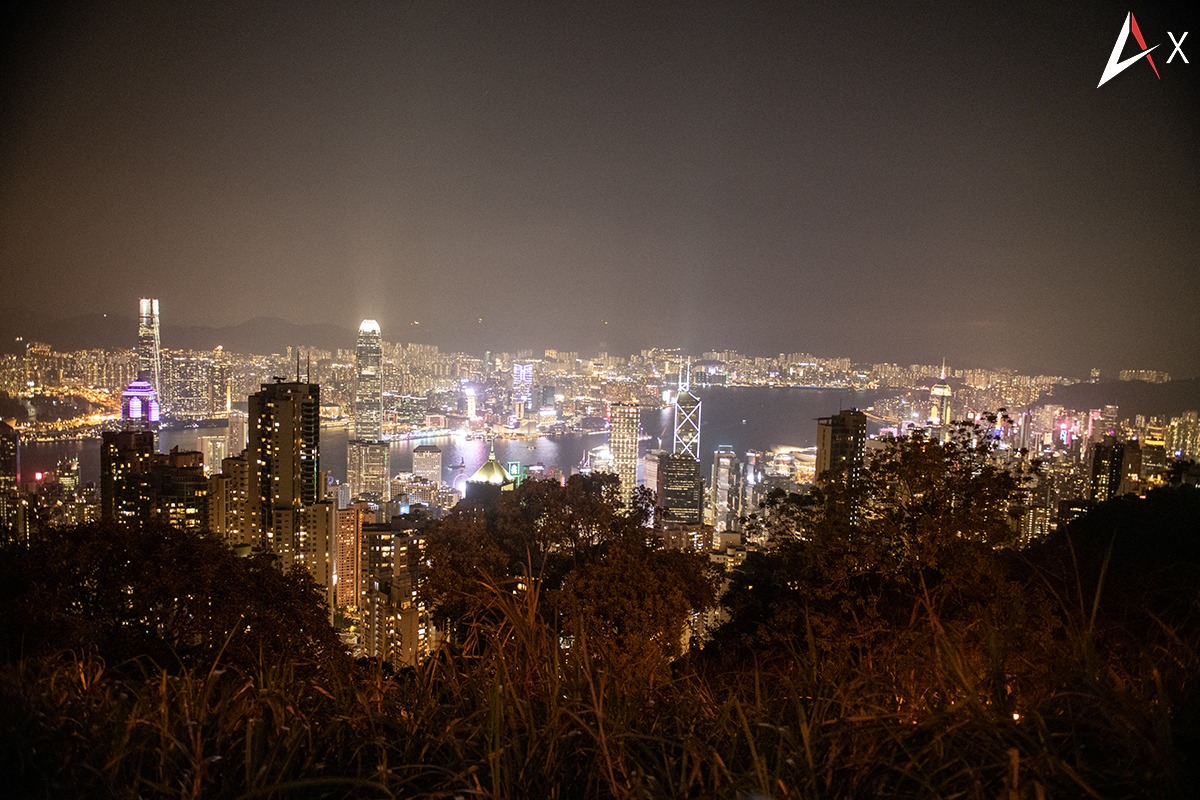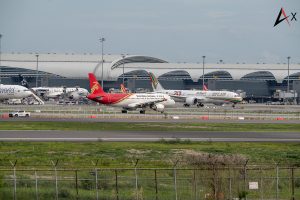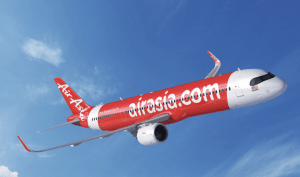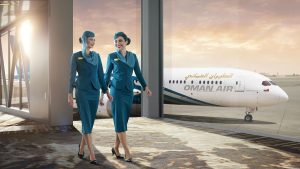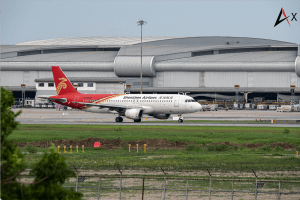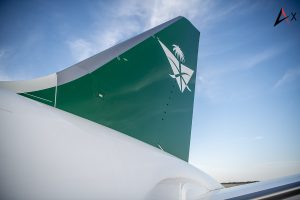Emirates has officially ordered five additional Boeing 777 freighters, scheduled for delivery between 2025 and 2026. With this latest order, Emirates now has a total of 14 Boeing 777 freighters pending delivery from Boeing through the end of 2026.
Furthermore, Emirates has extended its multi-year lease agreement with Dubai Aerospace Enterprise for four Boeing 777 freighters currently in its fleet. By December 2026, Emirates SkyCargo anticipates operating a total of 21 production-built Boeing 777 freighters, a significant increase from the current fleet of 11 units.
In addition to these investments, Emirates is also focused on converting ten passenger Boeing 777-300ERs into freighters, further enhancing its capacity and fleet growth.
HH Sheikh Ahmed bin Saeed Al Maktoum, Chairman and Chief Executive of Emirates Airline and Group, stated: “We are investing in new freighter aircraft to meet the skyrocketing demand and offer our global customers increased flexibility, connectivity, and opportunities to seize market potentials.”
He noted the booming demand for Emirates’ air cargo services, emphasizing Dubai’s rising status as a preferred global logistics hub and the success of Emirates SkyCargo’s tailored solutions for various industry sectors.
Stephanie Pope, President and CEO of Boeing Commercial Airplanes, remarked, “Emirates continues to shape the direction of our industry, and we greatly value the trust they have placed in the Boeing widebody family to be the backbone of their global fleet. We are pleased to support Emirates SkyCargo’s growth as they rely on the performance and flexibility of our 777 Freighter to connect the world.”
While integrating new freighter aircraft into its operations, Emirates’ cargo division will continue to utilize the airline’s entire wide-body passenger fleet, ensuring efficient and reliable transport of goods worldwide. This fleet consists of a mix of 777s, 777 freighters, 747 freighters, A350s, and A380s, providing customers with greater flexibility.
Plans by the Dubai government to expand Al Maktoum International Airport (DWC) aim to establish the world’s largest cargo hub in terms of capacity. Ultimately, DWC will be capable of processing 12 million tonnes of cargo annually, supporting the growth of the adjacent Logistics District, which is envisioned as an international base for global shipping and cargo companies, contributing to Dubai’s ambition of becoming a premier multi-modal cargo hub with air, sea, and land connectivity.
In line with its strategic vision for the next phase of growth, Emirates plans to determine its future freighter fleet for 2028 and beyond by the end of this calendar year, with both the Boeing 777-8F and Airbus A350-1000F being potential options.
